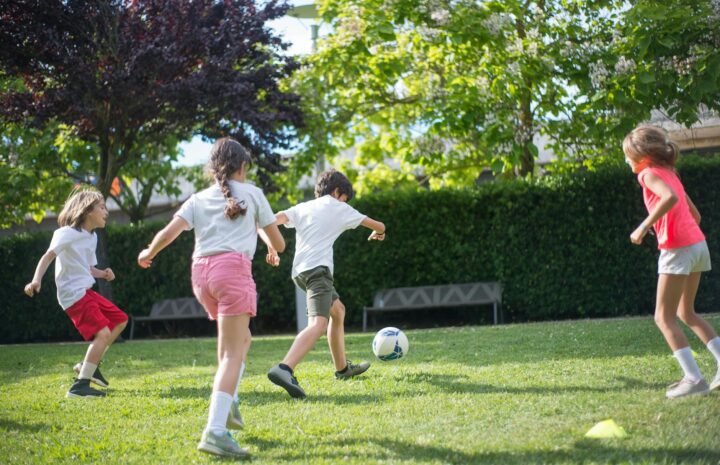My journey in self-directed education is filled with ups and down. I am learning from it like my children do. In the Montessori philosophy, one of the main elements is the preparation of the teacher especially spiritually. (B.Isaacs, 2012) said in her book about the Montessori approach “The teacher’s ability to reflect on his/her actions and learn lessons is part of this preparation. His/her attitudes towards the child need to reflect empathy, personal humility and a genuine wish to serve the child”. If I can say that I learned one important thing from my study and work as a Montessori teacher, I can say that I learned to continually reflect and improve my attitudes, and this is what I am really practicing with my children all along this journey.
One of my goals as a teacher or as a guide of my children is to be able to say what (M.Montessori, 2012) said “These children are different because I have treated them in the right way. I have given freedom to these life energies – now they can go on and expand while I can retire more and more to the background” She continued by saying “A teacher who can say this is a great teacher; she is a teacher of life.”
At the beginning of our journey, I was still programmed by the traditional educational system. I was trying to make my children learn the same way they used to do in school. I was very strict, and I forced my children sometimes to work on academic subjects. I was doing with them the French and Arabic from the school programs. My older son was not interested at all in those subjects. After forcing him to do them anyway for just two times a week, I discovered that in each session he completely forgets what he has done in the session before. After trying and retrying for several months, I gave up because I knew that if it doesn’t come from inside him no learning is going to happen. He was doing what I wanted him to do not what he wanted to. After a consultation with an expert in unschooling, I came to the decision to give up what I was trying to do. I became less strict, and I stopped teaching them what they don’t like. We defined two days a week where we only speak French or Arabic with each other instead of using texts and exercises that they don’t like.
When coming from a traditional background, it is very difficult to remove all the expectations that we have for our children. I think that this is the first thing that any unschooler or homeschooler should work on. We have been programmed to believe that there is a certain amount of academic knowledge that the children need to learn every year and that they must excel in all the subjects that they study. We have been programmed so many things that are against the natural development of children and we call it education. We forget that the school system started in the first industrial revolution where their main goals was to produce similar people who can execute predefined tasks. So, the first step towards the success of this journey is to get rid of all the programs that are not serving our children and that will not help them live their life to the fullest.
Bibliography
- Isaacs, B. (2012) Understanding the Montessori Approach London: Routledge
- Montessori, M. (2012) The 1946 London Lectures. Amsterdam: Montessori-Pierson Publishing Company.



